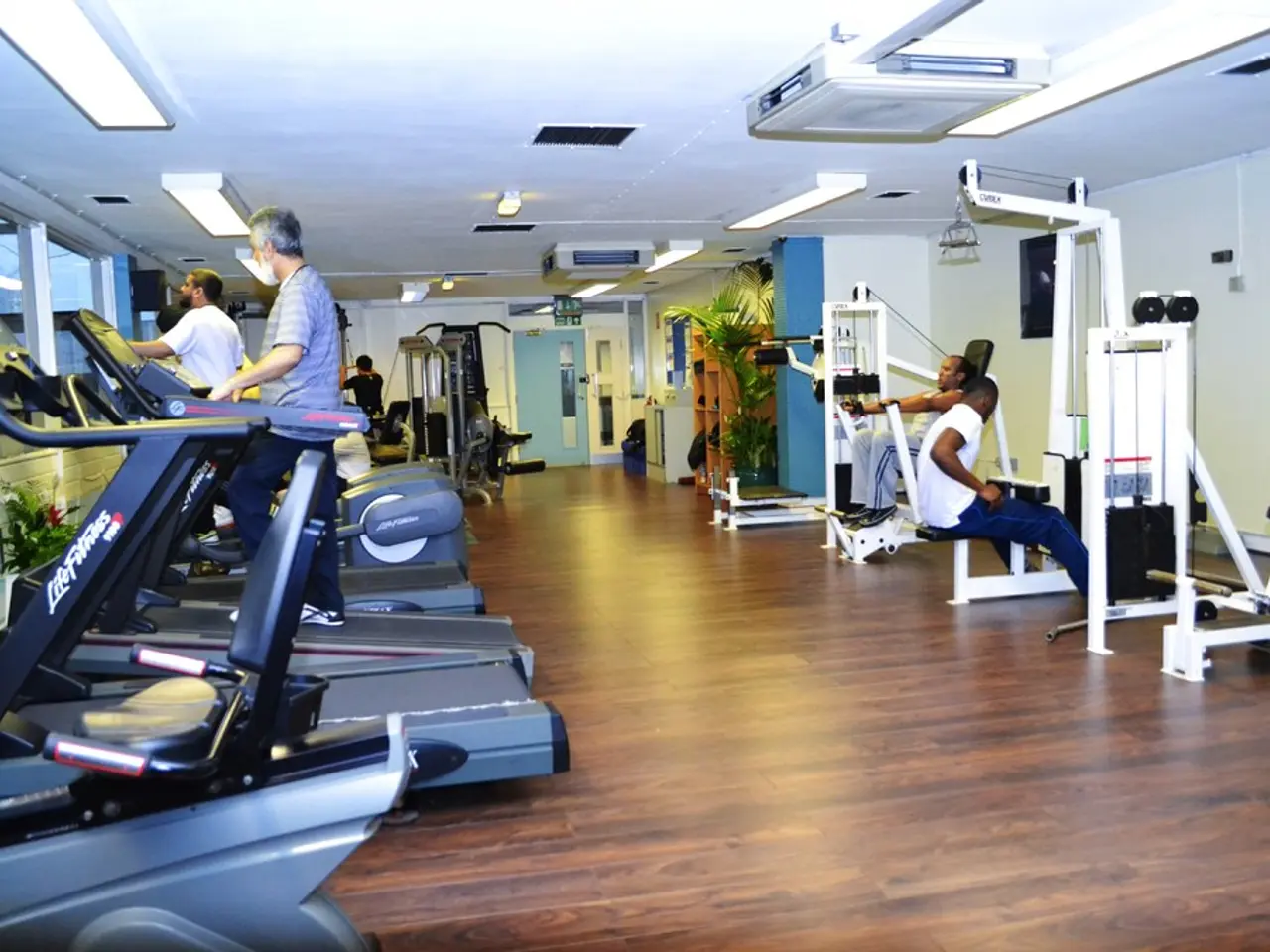Company's role in societal ethics and community welfare
In the bustling city of Astana, a holistic approach to social entrepreneurship is making a significant impact on the lives of marginalized groups, including people with disabilities and former prisoners. This initiative, driven by inclusive education and vocational programs, is supported by international partnerships and government cooperation.
The EU-backed DARYA project, launched in 2022, is one such initiative that aims to enhance the quality and inclusivity of education, training, and employment systems. This project supports young people, including those from disadvantaged backgrounds, to acquire skills relevant to the labor market, facilitating their integration into employment.
One of the companies at the forefront of this movement is the "Nirvana" enterprise, run by Director Irina RADIHovskaya. The "Nirvana" company provides opportunities for young people with special needs, teaching them valuable skills such as upholstery. The children at the "Nirvana" company assemble the stools themselves, gaining a sense of accomplishment and independence.
The "Nirvana" company also extends its training to children with intellectual disabilities from a correctional center, fostering a sense of community and shared purpose. Another facility inspected by the Capital's Public Council was the Green Tal social workshop, run by Director Emin ASKEROV. The Green Tal workshop employs people with hearing impairments, mental health issues, and those recently released from prison, providing them with a safe and supportive environment to learn new skills.
The Green Tal social workshop produces a variety of items, including furniture for kindergartens, eco-bags, and carpets. Among the inspected facilities was the Qadam special school, which focuses on providing education and rehabilitation for children with disabilities.
The chairman of the Astana Public Council, Zulfukhar GAIPOV, noted the importance of working with socially vulnerable groups, such as people with disabilities and large families. He stated that the doors of their council are always open to social entrepreneurs, encouraging them to continue their vital work in the city.
Reintegration support for prisoners is another key aspect of this social entrepreneurship movement. The Penal Reform International (PRI) emphasizes the importance of employment and financial stability in preventing recidivism and supports reintegration programs for prisoners, often including vocational training and employment facilitation.
This comprehensive approach to social entrepreneurship in Astana is part of a broader regional human capital development project, aimed at enhancing the employability and social inclusion of marginalized groups. By focusing on future-oriented skills, such as those relevant to the green and digital economies, these initiatives are opening up new opportunities for people who may have previously been excluded from the job market.
In conclusion, the social entrepreneurship scene in Astana is making a tangible difference in the lives of those who have traditionally faced barriers to employment. Through inclusive education and vocational programs, supported by international partnerships and government cooperation, this city is leading the way in empowering vulnerable groups and promoting social inclusion.
- The EU-backed DARYA project, integrated into this holistic approach, focuses on enhancing the quality and inclusivity of education, training, and employment systems within business and finance sectors.
- A key player in this movement, the "Nirvana" enterprise, offers finance-supported vocational programs for young people with special needs, teaching them business-relevant skills like upholstery.




